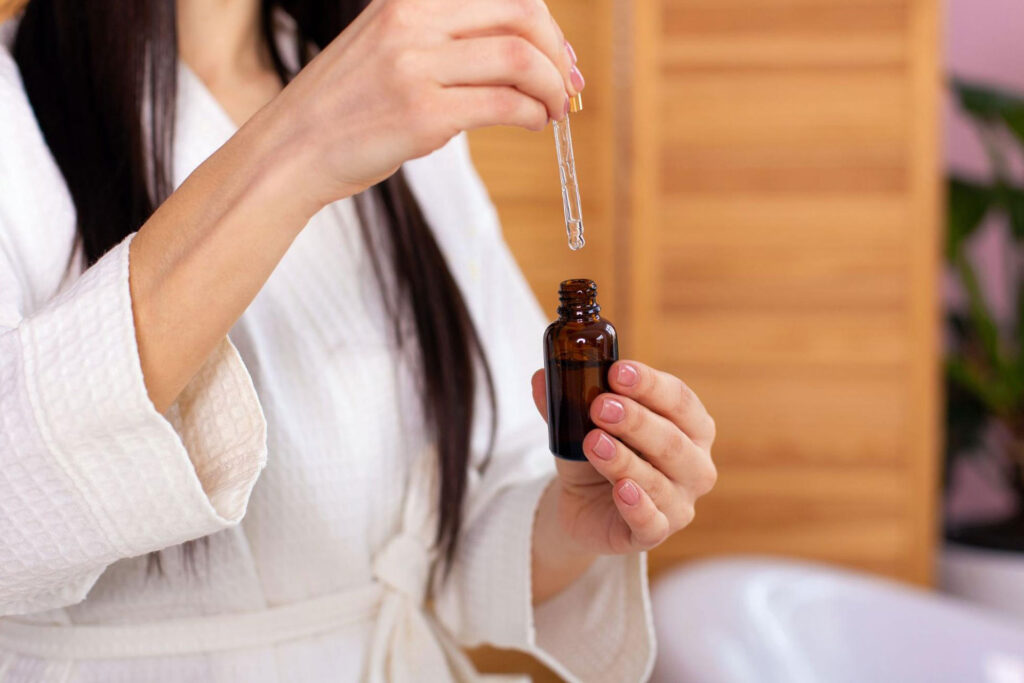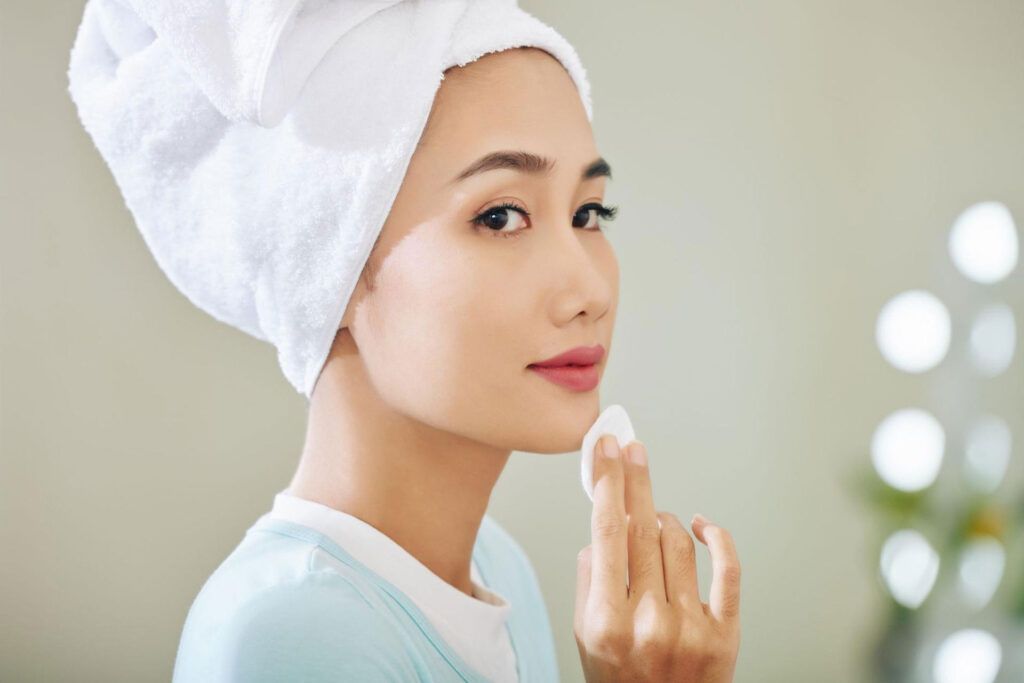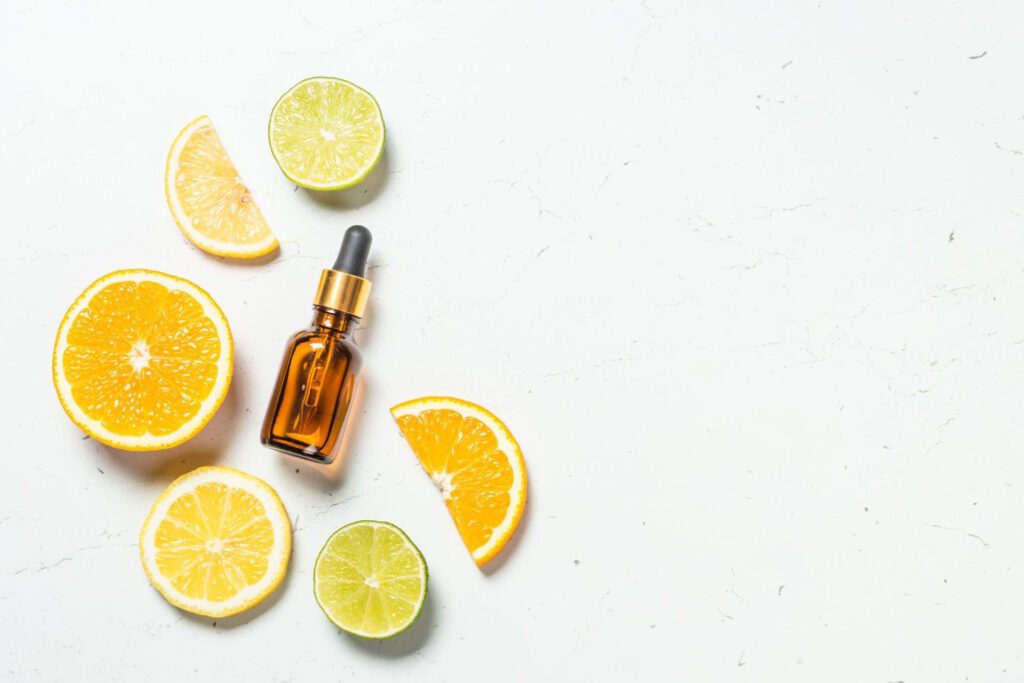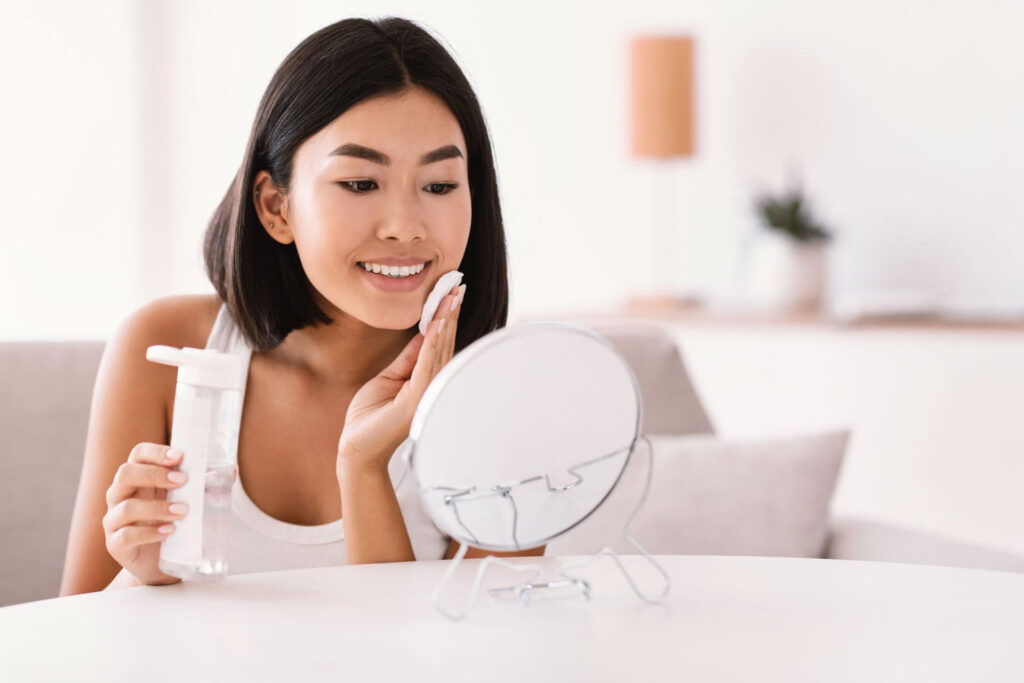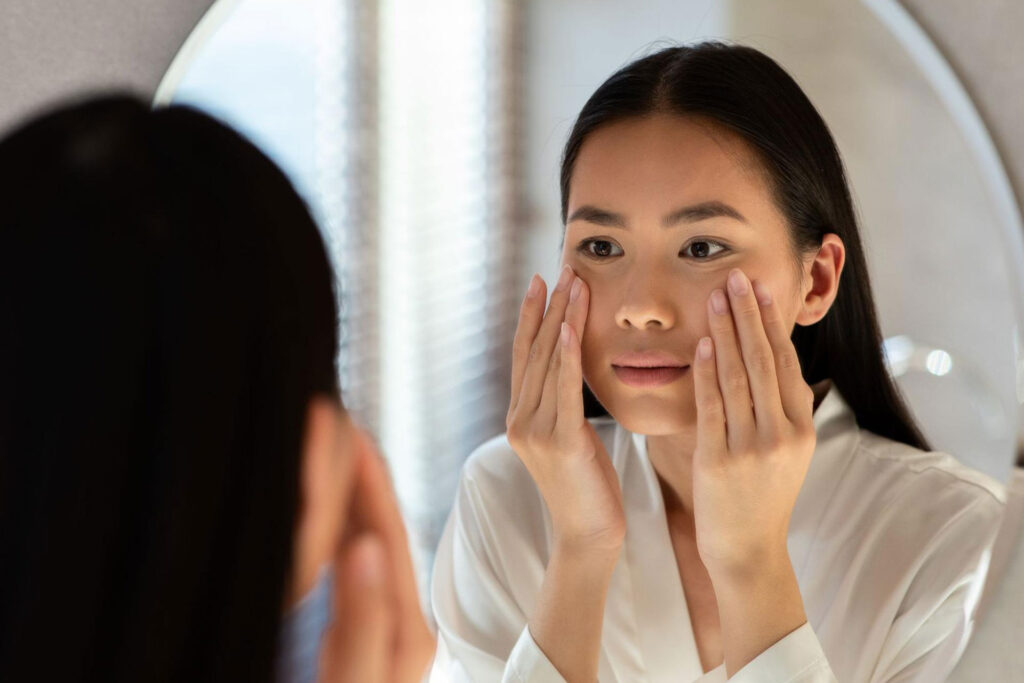3 Helpful Tips on How to Choose a Moisturizer for Every Skin Type
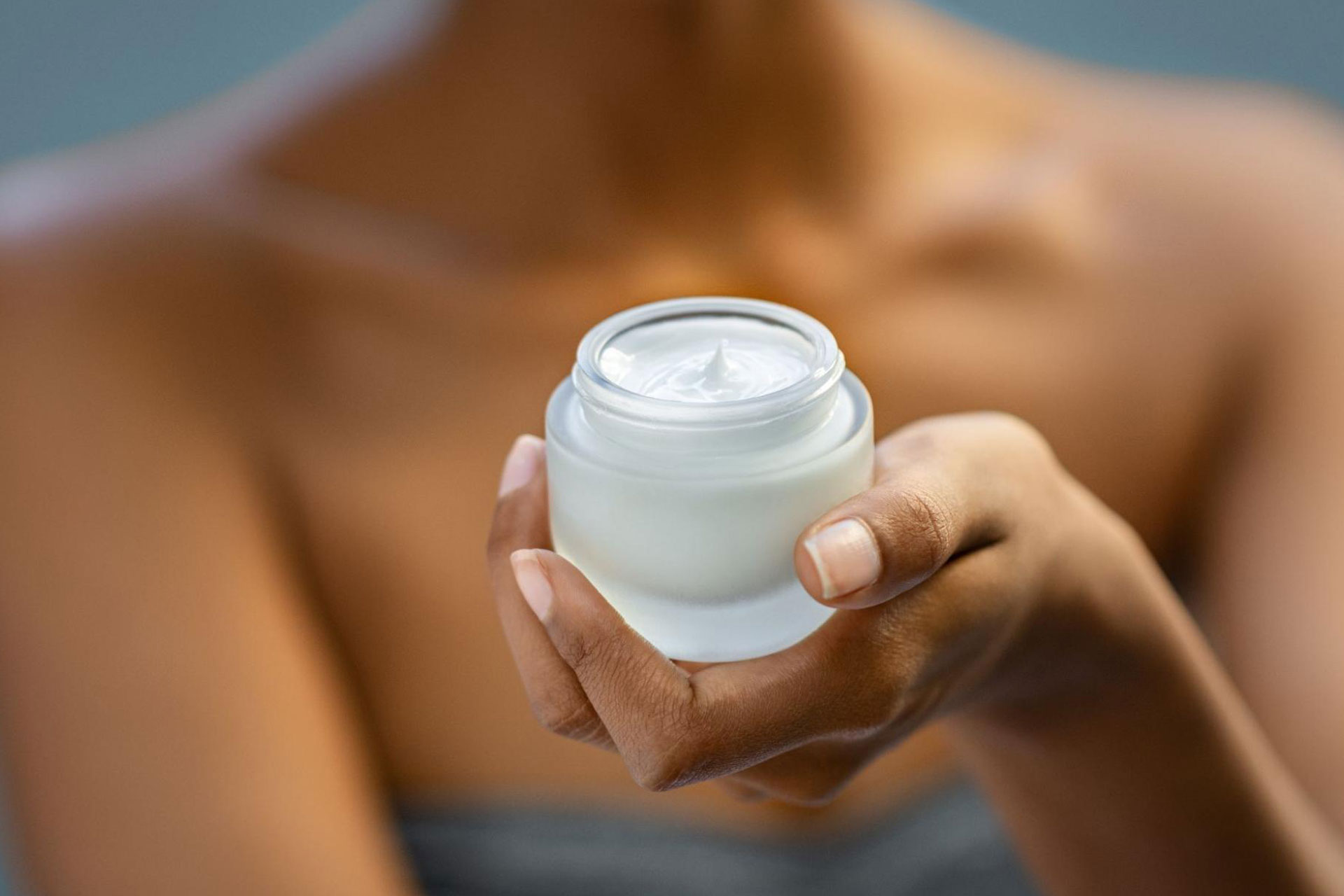
While some don’t really see the importance of including moisturizer in their skincare routine, it’s still vital to use moisturizer. Moisturizing keeps the skin hydrated and balances it out, helping to prevent any chances of developing extreme dryness and oiliness. However, along with knowing the importance of using moisturizer, it’s also equally necessary to choose the right one for your skin type. You have to remember that in order to see good results, you’ll have to know more about what you’re applying on your face or on your skin. Doing this prevents you from spending too much on skincare products that won’t work and finding ones that will improve your skin condition. So to help you with that, here are some tips on how to choose the right moisturizer for every skin type:
1. Start With Knowing Your Skin Type

When buying skincare products, always keep in mind that your skin type matters and should always be part of the factors to consider. Why? Because your skin type has a lot to say about the kind of products you apply to your face, neglecting to learn what works best for your skin type can further worsen your skin condition.
- Sensitive Skin
For people who have sensitive skin, it’s ideal to be more cautious because certain ingredients may not be compatible with this particular skin type. Make sure to check the list of ingredients in your moisturizer to avoid further damage on your skin. Opt for moisturizers that are subtle to the skin, so you should go for ones that contain aloe vera and are free of fragrances, parabens, and irritants.
Aloe vera is an ingredient known to have cooling properties and helps soothe redness, infection, rash, and itchiness, making it suitable for sensitive skin. The anti-inflammatory and anti-bacterial properties in aloe vera also enable it to fight acne and lighten blemishes.
- Oily Skin
Whether you have oily skin or not, you still need to moisturize. You just have to choose a moisturizer that’s water-based or oil-free, so that it will not make your skin feel too greasy or heavy. Humectants are typically found in many moisturizers, lotions, and shampoos. They work by pulling water from the second layer of the skin to the top layer of the skin, helping to retain moisture on the skin. If you have oily skin, opt for gel moisturizers as they are lightweight and are easily absorbed by the skin.
- Dry Skin
While some people may think that dry skin can be handy because you don’t have to worry about feeling all too greasy when you’re going out, there are still some drawbacks in having this kind of skin type. When you have dry skin, more often than not, your skin barrier may not be working properly as it should be, hence why your skin feels dry and itchy. Your skin may also be inflamed and prone to develop dry patches. That’s why moisturizers are essential for people with dry skin because they help hydrate and protect the skin, resulting in a restored and stronger skin barrier.
See to it that you go for moisturizers that contain hyaluronic acid as it aids in the hydration of the skin. Ceramides also give the same benefit but at the same time, it enhances the skin barrier. Look for a cream-based moisturizer as its thick consistency helps make up for the dry feeling on the skin. Cream moisturizers contain oil and water, which draws in moisture and oil to keep the moisture.
- Combination Skin
When you have combination skin, your face gets oily on certain areas such as the T-zone (forehead, nose, and chin) and the rest of the areas of your face feels dry already. It can be kind of tricky when you’re trying to gauge how to moisturize a combination skin type because you’ll need to choose a moisturizer that will reduce the oily feeling on your T-zone, and at the same time, properly moisturize and soothe the dry, flaky, and patchy areas such as the cheeks. So you may want to choose a moisturizer that’s oil-free and lightweight, and avoid thick creams and oil-based products.
- Normal Skin
Out of all the skin types, normal skin has the least issues to deal with. How nice would that be, right? This skin type is considered to be well balanced, meaning it’s not too dry or too oily, nor is it even sensitive or acne-prone. It has an even skin tone with a smooth and soft texture. Despite this, you still have to take note of what your skin is leaning mostly into. For example, if your normal skin is more into the oily side, opt for gel, water cream, or gel cream-based moisturizers. But if it’s leaning more on the dry side, use cream-based ones as they are thicker and will help better hydrate and moisturize the areas of your skin.
2. Learn the Types of Moisturizers
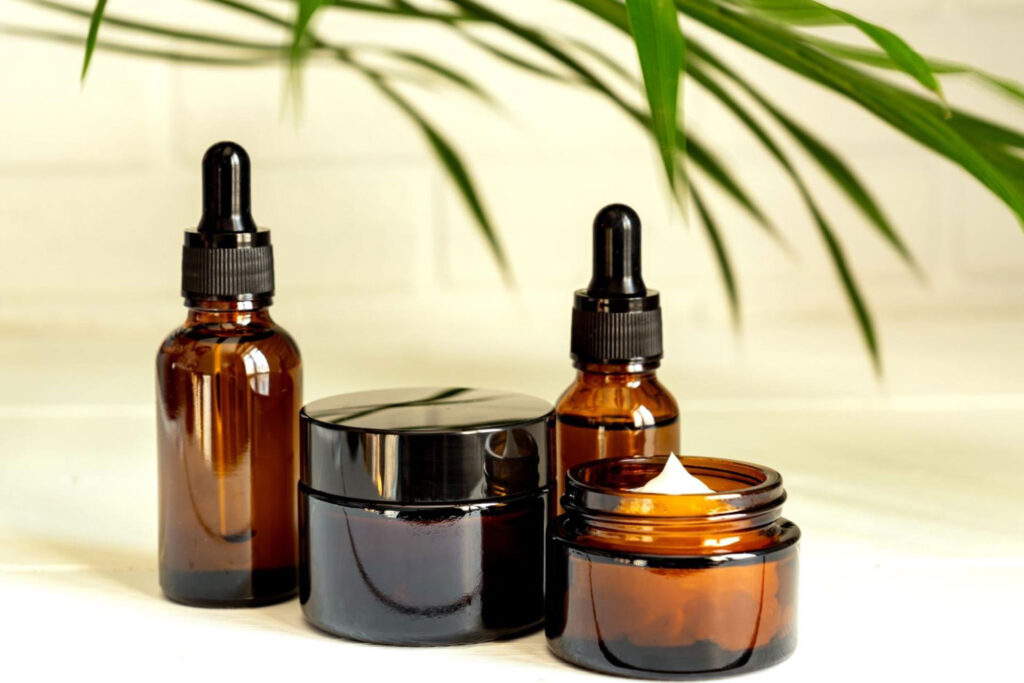
Every skin type has its own concerns that need to be addressed. That’s why it’s essential to know the types of moisturizers that will best suit your skin type because they contain certain ingredients that will help enhance and address your skin concerns. Doing this will keep you from buying moisturizers that won’t do much for your skin. Here are the three types of moisturizers:
- Emollients
Emollients are oil-based moisturizers and they work to restore lost lipids in your skin. They also help hydrate, protect, and smoothen the skin, especially the dry, rough, and patchy areas. Emollients act as a balancing agent, which lowers the tendencies of inflammation. In addition, this type of moisturizer comes in gel, lotion, or ointment form.
- Humectants
Humectants are moisturizing agents that have the ability to retain moisture. It’s often combined with another substance to further keep the skin hydrated and moist. Natural sources of humectants come from aloe vera, honey, hyaluronic acid, and more. While synthetic humectants include glycerin, sodium lactate, butylene glycol, and others.
- Occlusives
Occlusives function as a physical barrier or protective layer on the surface of the skin to prevent water loss. This type of moisturizer best fits those that have severely dry skin or those that suffer from eczema because it has a very thick consistency, which helps compensate for the dryness and aids in the irritation and itching of the skin. It also repairs and restores hydration in the skin. Occlusives come in oil, wax, or silicone-based forms.
3. Check the Ingredients

Skin care is a constant trial and error of products until you find the right ones that will actually improve your skin condition and answer to its different needs. Learning more about your skin type is one simple step towards getting your skin care right and checking the ingredients of the products you buy is another. What will work with others may not work with your skin. So in choosing a moisturizer or any skincare product for that matter, pay close attention to the label and check the list of ingredients as it will help you determine if it’s overall safe to use for your skin type. This also teaches you to be more mindful of the products you apply to your skin and which ones will only worsen your skin condition.
The skin is the largest organ in the human body, so it’s only right to take care of it. Choosing a moisturizer for your skin type doesn’t have to be difficult, it only has to be done with mindfulness. Being reckless with your choice of skincare products and the factors that should come with it can bring more trouble for your skin.
If you are looking for Skincare Products in the Philippines, visit our page, we have a variety of items for you to browse! Like our Facebook page for updates!



